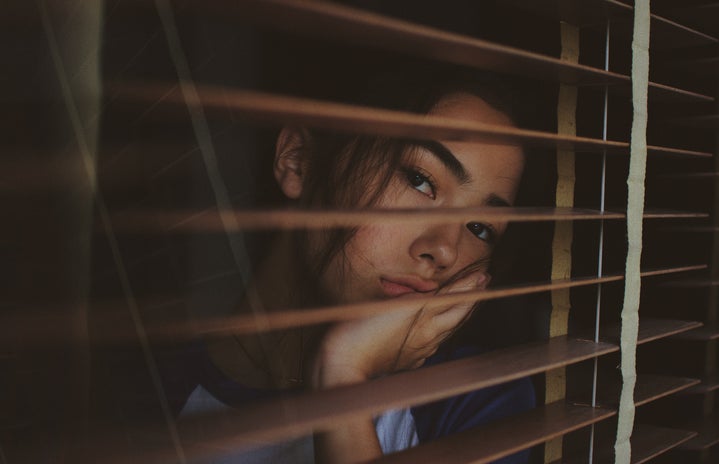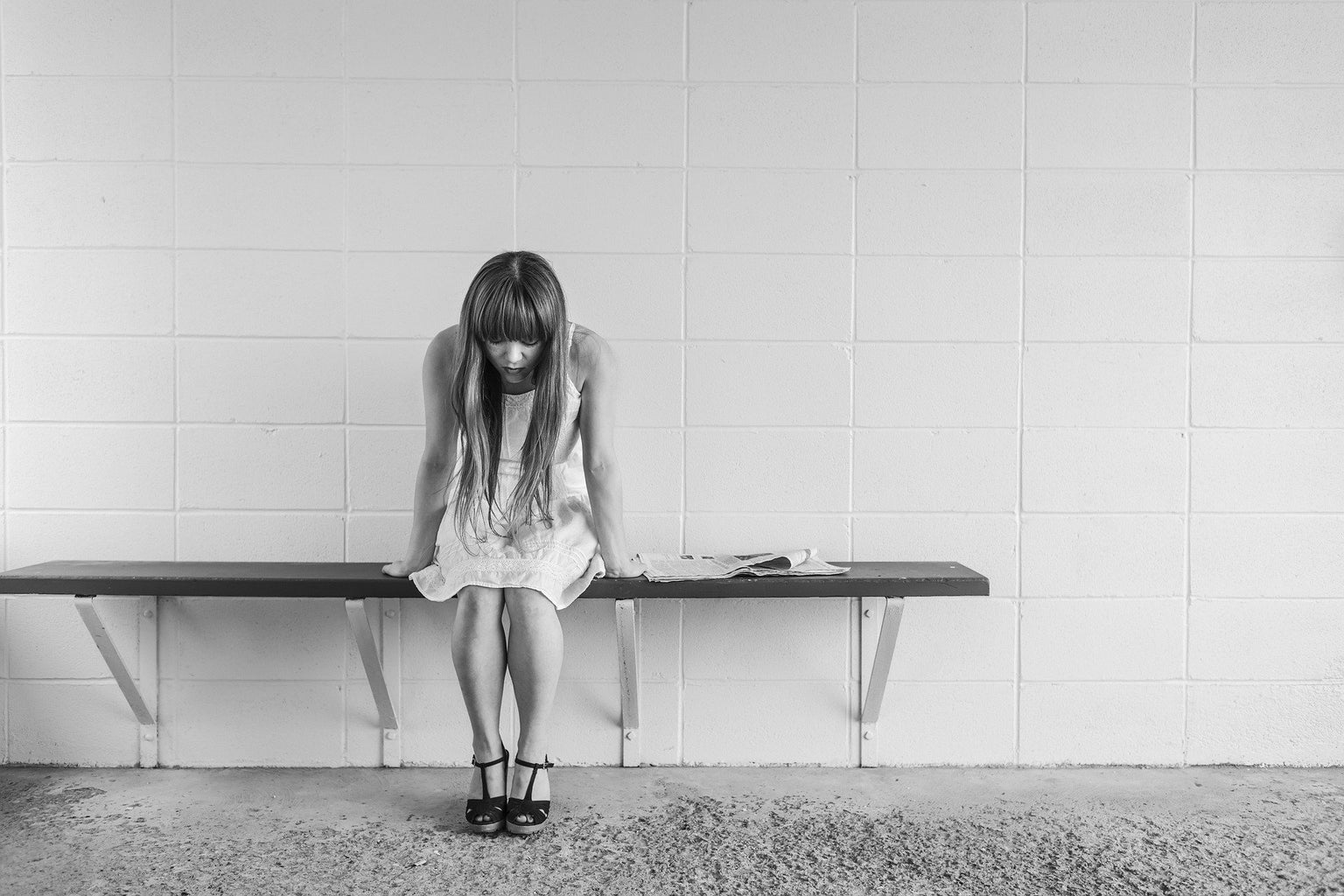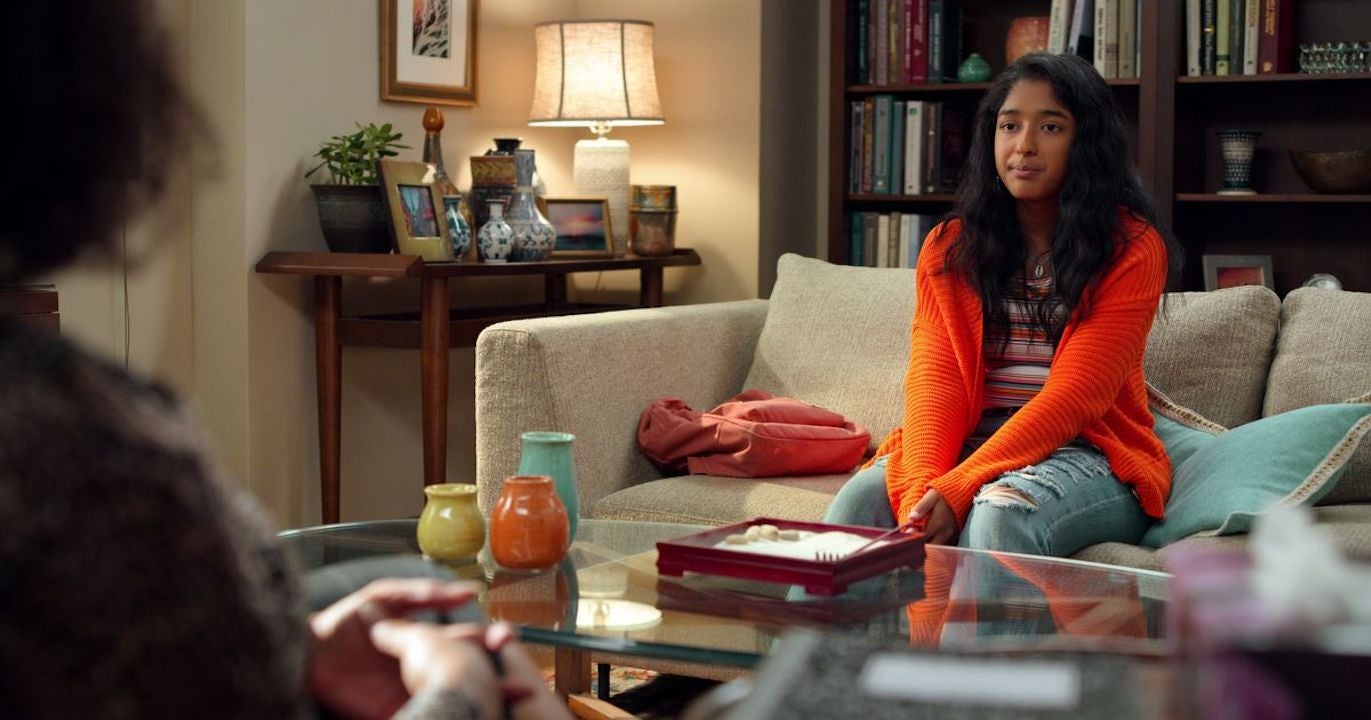Talking about mental health is not something we are used to doing in our daily lives. Our feelings such as happiness and sadness aren’t that simple and plain, so understanding them might be a challenging task. Finding someone to talk to is also a difficult part that can consume even more energy and so, suddenly, we have that simmering and incomprehensible feeling.
Our friends and relatives also can’t always understand the stray thoughts going through our heads, so we just end up tucking them away and having an awful sensation in our throats. It is like our feelings have materialized in a hard and dark gray ball, just lying scattered around the body. There are hundreds of ways to deal with all these emotions we feel in our daily routines, however, not all of them may give us back the comfort we once felt.
This is why May is considered Mental Health Awareness Month. Established in 1949 to raise awareness over the impact of mental conditions on overall health, various health organizations have campaigned for good mental well-being. Trying to normalize unusual mental conditions was always the main goal since mental disorders were treated like some mortal and infectious virus, but despite the decades of spreading consciousness, the results never made a big impact.
Daniela Panagassi, a psychologist and the Vice President of People and Organization at Eurofarma, says people used to think of therapy as something for “crazy” and “weak” individuals. Due to this misconception, many people resist seeking psychological help, often worried about judgment from those close to them.
THE PANDEMIC
With little eye-to-eye contact and talking even less with people other than our family, the entire world starts feeling anxious, depressed, and claustrophobic. Friends and colleagues infected by some unknown virus, the sensation of uncertainty, and fear of the future are common thoughts among every living soul. It’s like all the negative emotions we ever felt are resurfacing even stronger.
Having a demanding time during the isolation period was not uncommon: almost everyone felt like they had something missing. Because we were alone for most of our days it influenced our way of thinking and analyzing our feelings: if it was a challenging task before, it became even harder.
That’s when a 25% increase in anxiety and depression worldwide alarmed global leaders to act. Media also had a crucial role in spreading consciousness. “It’s okay not to be okay” was used several times in various campaigns about the understanding of mental conditions. People slowly started to feel free to talk about going to therapy or searching for professional help.
Fitness influencers showed their routine by practicing pilates, home exercises, dancing, and meditating – some self-care activities that can improve mental health, according to the psychologist Alexia Lucena, a specialist in Neuropsychology from the Hospital das Clínicas, the Faculty of Medicine of the University of São Paulo. Alexia also says that the COVID-19 pandemic marked significant changes in lifestyle, work, and relationships, so mental health issues and the field of psychology gained greater recognition.
The atypical year of 2020 showed us diverse ways of understanding mental health. When the Coronavirus pandemic stroke and the real virus left us no other solution than isolating ourselves for almost two years, “a shift occurred because, previously, many believed that emotional illness would resolve on their own”. During the pandemic, these issues became more pronounced in many households and families, and isolation brought greater awareness of these conditions, the psychologists complimented.
PROFESSIONAL HELP
Even with all the support it was given, it is still difficult to say that things went back to normal. As said before, it’s hard for family and friends to understand every thought we have, so even when we don’t realize it, anxiety still affects our actions and decisions.
Psychologists Alexia and Daniela both affirm that, due to the individuality of each person and how we perceive the world, a situation may not cause distress for one person but intense distress for another, so seeking psychological help is essential. The goal of therapy is not to find a cure for our daily problems but rather to explore and alleviate our suffering. When we discuss our pain with a professional, we reflect on it and create strategies to cope, experiencing relief in our lives.
Even when things seem normal, therapists provide a nonjudgmental space for self-discovery and understanding what truly makes you happy or unhappy. Talking to someone about our biggest daily fights provides self-awareness, making us more resilient to face life’s challenges.
———–‐——————–
The article above was edited by Ana Beatriz Aith.
Liked this type of content? Check out Her Campus Casper Libero for more!





